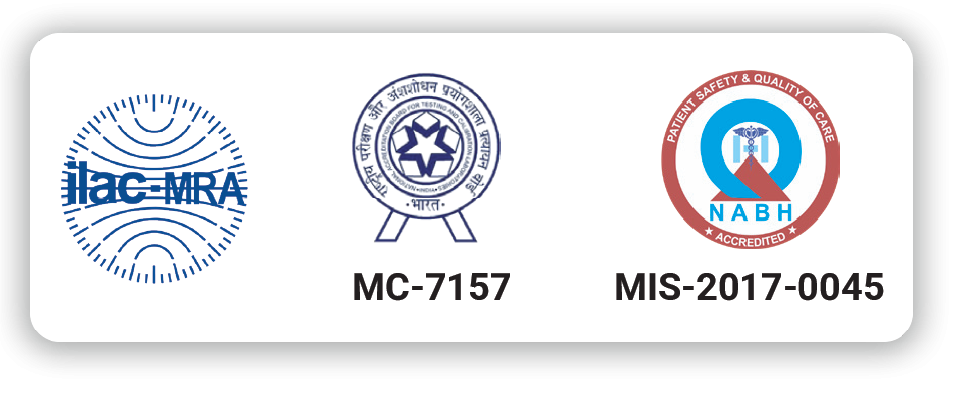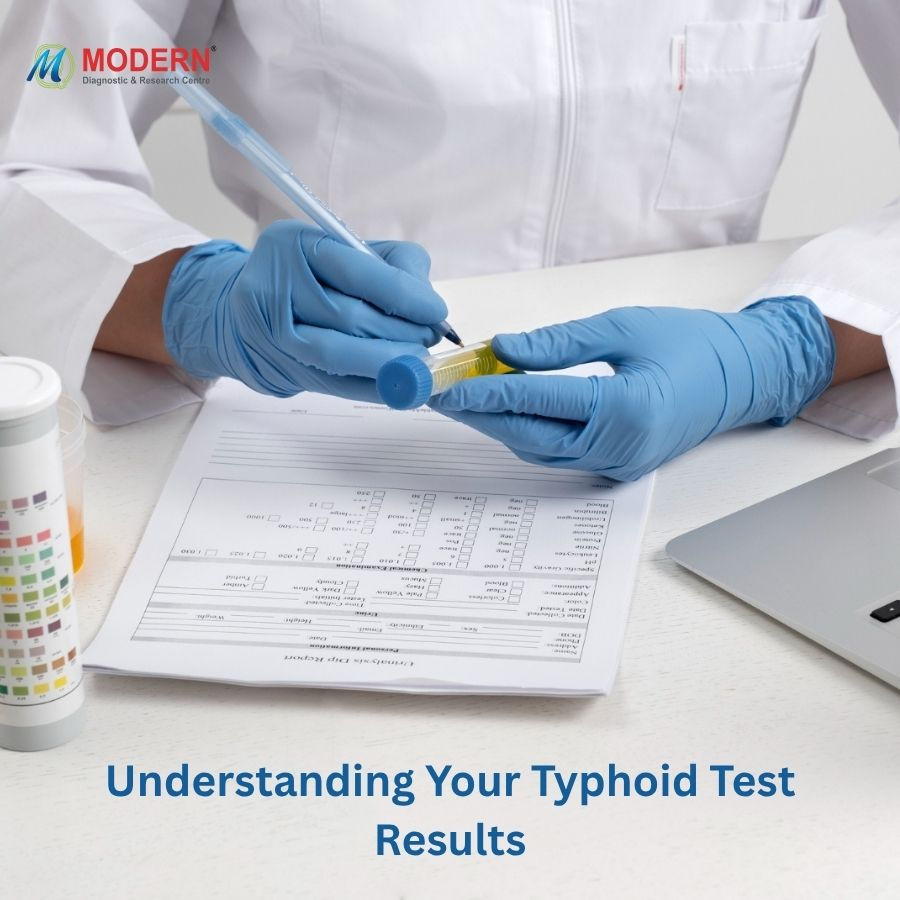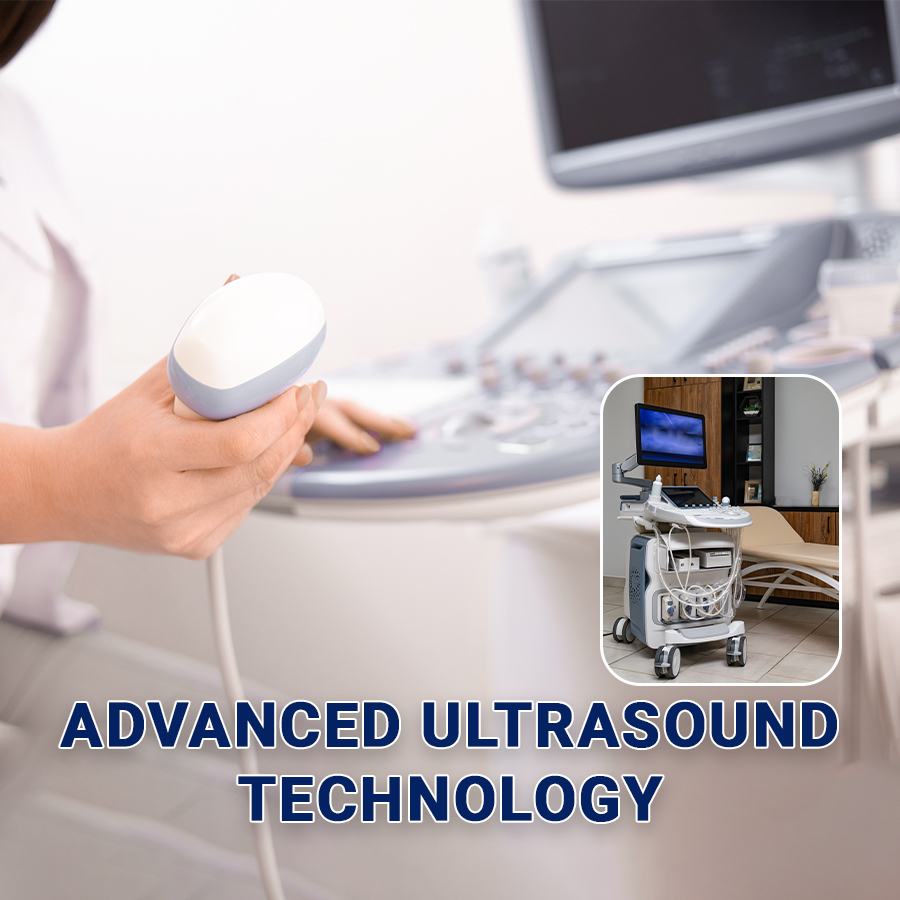A healthcare provider uses thyroid tests to check how well your thyroid gland is working and producing the required amount of thyroid hormones or not. If your thyroid gland is not working properly, they use thyroid tests to find the root cause of the problem such as hyperthyroidism or hypothyroidism. The thyroid gland is a butterfly-shaped small gland located in your throat that produces two thyroid hormones: thyroxine (T4) and triiodothyronine (T3). These two hormones nearly affect every organ of your body including your heart as they control how your body will use its energy.
Thyroid tests help your healthcare provider to diagnose the following health conditions such as –
• Hyperthyroidism – Hyperthyroidism is a condition when your thyroid gland releases an excess amount of thyroid hormones that result in a high level of thyroid hormones in your blood.
• Graves’ disease – It is the most common cause of hyperthyroidism.
• Hypothyroidism – Hypothyroidism is a condition when your thyroid gland does not make enough amounts of thyroid hormones, which leads to a low level of thyroid hormones in your blood.
• Hashimoto’s disease – Hashimoto’s disease is the most common cause of hypothyroidism.
• Thyroid tests also help to check for the presence of nodules in your throat and thyroid cancer.
Types of blood tests to check thyroid functions -
Your healthcare provider may suggest one or more blood tests to check your thyroid function. These tests include T4, T3, thyroid antibody, and thyroid stimulating hormone (TSH). These are simple tests that do not need any specific preparation and are hassle-free; the phlebotomist will draw your blood and send the sample to the lab for further testing.
Thyroid-stimulating hormone (TSH) test -
TSH hormone plays a crucial role in a healthy thyroid gland but TSH is not a thyroid hormone. TSH hormone is produced and released by the pituitary gland which orders your thyroid gland and keeps the thyroid hormones such as T3 and T4 in check and at normal levels.
TSH controls the amount of thyroid hormone produced and released by the thyroid gland. Thyroid hormones control the body’s metabolism rate and determine the speed at which your body transforms the food you eat into energy required by your body to function properly.
Similarly, a low amount of TSH hormone in your blood suggests you have hyperthyroidism or an overactive thyroid that produces an excess amount of T3 and T4 hormones resulting in a low amount of TSH hormone released by the pituitary gland so the thyroid gland will reduce the amount of thyroid hormone.
If your result of the TSH test is not normal, your healthcare provider may suggest a few tests to find the root cause of the problem.
T4 Test -
A high level of T4 hormone in your blood means you have hyperthyroidism and a low level of T4 hormone means you have hypothyroidism.
In some cases, you may have high or low levels of T4 hormone that does not mean you have thyroid disease. It may be caused by pregnancy or some oral contraceptive that will raise the level of T4 hormone in your blood.
There are some other reasons to explain the abnormal amount of T4 hormone in your blood such as severe illness or medication to treat asthma, arthritis, some skin disease or other problems that can lower your T4 level. The treatment and medicines for these conditions may change the amount of protein attached to T4. Attached T4 is kept in your blood for use when needed and free T4 not attached to the protein is available to the entire body. Because the change in attached protein level does not affect free T4, healthcare providers may want to measure the free T4 in your blood.
T3 Test -
In case, you have a normal T4 level in your blood but still your healthcare provider suspects you have hyperthyroidism, you may have to take a T3 test, to diagnose the hyperthyroidism. Sometimes T4 level is normal yet your T3 level is high, so measuring both T3 and T4 hormone levels can be very useful to confirm the diagnosis of hyperthyroidism.
Thyroid antibody test -
Your healthcare provider may advise a thyroid antibody test if your other blood tests suggest thyroid disease. A thyroid antibody test helps diagnose autoimmune thyroid disorders such as Graves’ disease, a common cause of hyperthyroidism, or Hashimoto’s disease, a common cause of hypothyroidism. Thyroid antibodies are made when your immune system starts attacking your thyroid gland for some unknown reason.
















